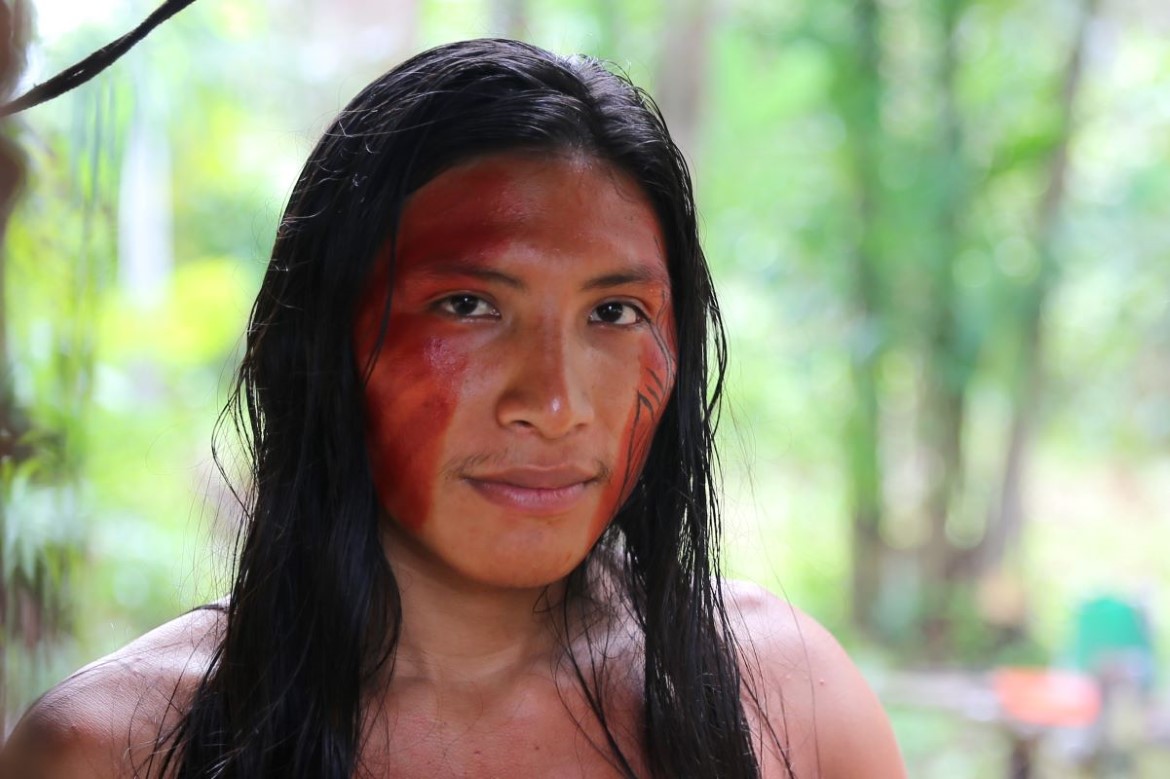
Hundreds of organisations from all over the world apply for Norwegian funding to forest projects
When the call for proposals was launched in January, Civil society organisations from all over the world - and from forest countries in particular - were encouraged to apply.
Before the deadline at the end of May, applications had come in from 55 countries.
The single largest category in the pile of applications is support for indigenous peoples, local communities and environmental defenders. Of all the applications, 192 fall into this category, with the highest number of applications coming from Brazil. The pile comprises 73 applications from organisations that are working to preserve the rainforest in the Brazilian Amazon.
‘The large number of applications from civil society in Brazil is a clear sign that there is now a critical need to strengthen their role. Brazil showed very good results in terms of reduced deforestation in the period from 2004 to 2012, but this trend has been completely reversed since 2015,’ says Kristine Storholt of Norad.
Storholt is assistant director of Norad’s Department of Civil Society and Private Sector Development. She heads the Section for Civil Society, Natural Resource Management and Financial Flows Section for Civil Society, which is now busy processing the large number of applications.
Important support
‘The national targets in Brazil are far from being achieved. The rights of indigenous peoples and the living conditions of local communities are under increasing pressure. The result is growing poverty and vulnerability to COVID-19 and other shocks that affect both the economy and public health,’ says Storholt.
The political situation in Brazil is becoming increasingly challenging for local communities that are dependent on the tropical forest, according to Storholt. However, the Amazon Fund is no longer a potential source of funding.
‘Local and national organisations have few opportunities to obtain support for their work, which is completely crucial for preserving the rainforest. This is why the support programme provided by Norway and Norad is especially important at the moment,’ says the assistant director general.
Brazil, Indonesia and Colombia head the list of applicants
Organisations from the forest countries of Brazil, Indonesia and Colombia head the list of applicants, but some applications also cover more than one country. Here is the list of how many applications the different countries are included in:
South-America:
Brazil: 112
Colombia: 77
Ecuador: 24
Guyana: 7
Peru: 61
Africa
DR Congo: 31
Ethiopia: 26
Gabon: 8
Liberia: 13
Republic of Congo: 13
Asia
Indonesia: 88
Fifty-seven of the applications have been defined as ‘global and unspecified’ or ‘multilateral’, and these also include many of the countries listed above.
Furthermore, Norad’s Department of Civil Society has received applications from 55 countries in the northern hemisphere. Among them are the USA with 41 applications, the UK with 27 applications, the Netherlands with 12 applications, Belgium with 4 applications and Norway with 11 applications.
Innovation and original ideas
Fifty-one of the applications focus on helping build deforestation-free value chains and financial markets. Another 25 concentrate on monitoring and combatting forestry crime, and 48 concern mobilisation of global and national consensus and cooperation to preserve the rainforest.
Thirty-four applicants have defined themselves within the category ‘groundbreaking ideas’, new and innovative projects and methods to reduce deforestation.
‘This open category is new, and we don’t expect a “silver bullet” in this pile of applications. It is, however, intended as an incentive to engender new solutions, new technology or forms of cooperation that can be replicated and scaled up to better achieve the targets,’ says Kristine Storholt.
Preservation of the rainforest depends on a great number of factors and requires many forces to pull in the same direction, she underscores.
‘And this is where civil society plays a key role. It is crucial to give the organisations recognition for the role they can play – often in collaboration with the authorities and the private sector – and that they have the latitude to do this.
Projects underway in early 2021
The processing of the applications includes a review of all 358 applications to ensure that they qualify for the programme and can compete for the announced funding,’ Kristine Storholt explains.
‘Those that qualify for further processing are subsequently assessed against criteria regarding their relevance for achieving the goals of the Norwegian Climate and Forest Initiative, as well as other key criteria, such as knowledge of the thematic and geographical context, organisational capacity and competence, partnership models and cooperation with local partners,’ she says.
A shortlist of organisations will specify those that will be included in the further process, which will continue through the autumn. The goal is to produce a recommendation by the end of the year, so that new projects can start in the first quarter of 2021.
